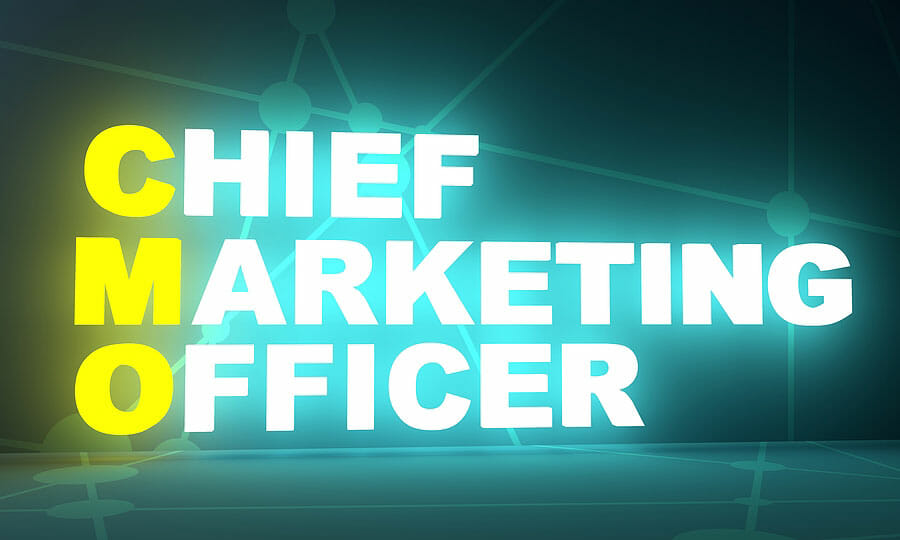Politically we’re seeing huge shifts, where some would argue conservative governments are wrestling with implementing more socialist solutions where free trade is pitted against domestic production and a repatriation of jobs, and it’s fair to say the environment is emotionally charged and often fiercely partisan.
Economically we’ve gone from some of the best of times to some of the worst (arguably in record time), and we’re asking difficult questions of ourselves socially. COVID has highlighted inequality at both a macro and micro level, and when it comes to technology – well have you seen the share prices of the FAANGs! Technology is solving many of our day to day problems and it’s almost as if social distancing is the perfect storm to accelerate tech adoption. Never before have CEO’s and their leadership teams had to redefine their purpose at such speed. Who are we? How do we get through this? Where do we want to be? How do we get there? Then, once this is defined, who is at the centre of the implementation? Well I’d argue it should be the CMO.
Long gone are the days of the CMO being the creative in the room. In my view they are now the strategist, the implementer, and the glue holding together multiple strategic aims and plans. Certainly, their skills are getting closer to the CEOs all the time. However, in an HBR article they pointed to a Fournaise Marketing Group 2012 survey, where they revealed 80% of CEOs don’t trust or are unimpressed with their CMO. In HBR’s own survey 74% of CMOs don’t feel their jobs allow them to maximise their impact on the business. In my twenty years of recruiting within financial services, I’ve known sales & marketing professionals to take on senior roles, but they’ve often played second fiddle to those with experience gained within investments, finance, and operations. Now, more than ever, financial services needs three things: an outstanding understanding of the regulatory regime, a skilled CMO to drive consistent sales growth, and for the relationship between the CEO and CMO to be functioning well.
The question is how do you achieve the final point?
Understand that you’re both on a burning platform together
To embrace change and to embrace digital

Tesco’s is creating 16,000 new permanent jobs largely to cope with an upturn in online sales. Netflix added 10.1 million paid memberships last quarter vs. 2.7 million added in the second quarter of 2019. That’s a lot of eyeballs on screens, but specifically a lot of eyeballs on digital screens. Not billboards, not terrestrial tv, but on mediums able to deliver in a highly personalised manner. Within financial services, I’ve spoken to several senior marketing professionals who’ve explained how the customer journey is far more personalised and how this is saving sales teams’ time. CEOs who feel they are behind on this journey need to seek out these skills, even if that means looking outside the industry.
CMO remits need to be broad enough to be effective
Communication
The two parties may need to meet to speak daily at times of intense of change, but as a minimum monthly. Bearing in mind all plans change on first contact, having the ability to understand data signals and having the necessary agility at a corporate level to adapt quickly is key.
The modern day CMO is a key hire to any financial services firm. The whole executive team need to work on the strategic plan, but it’s for the CMO to engage the market in what have been hard times, and what may be even harder times. GDP growth has been weak since the financial crisis for many EU economies (including the soon to be ex-EU member) and like many service industries, firms often struggle for points of differentiation. Therefore, an ability to grab market share from the competition is essential, and ensuring the customer is constantly engaged imperative. Times have changed and perhaps the future belongs to the marketeers and the technologists.
About Fram Search
Established in 2010 by Simon Roderick, a recruiter with 20 years City recruitment experience, Fram Search is a specialist financial services recruitment consultancy. We focus on permanent and interim recruitment in the UK & internationally.
Our Sales & Marketing Practice provides high quality contingent and retained recruitment services to boutiques and global brands. We have long established relationships, outstanding market knowledge, and access to deep talent pools. Fram takes a highly consultative approach, combining outstanding tech with a human approach. We are proud that our contingent fill rate is nearly three the industry average and we augment our retained search methodology with rigorous psychometric testing.
We take ESG seriously, we are champions of diversity and all staff have undertaken unconscious bias training, we also carbon offset.
Please contact us on 01525 864 372 / [email protected] to learn more.
Share this Post

